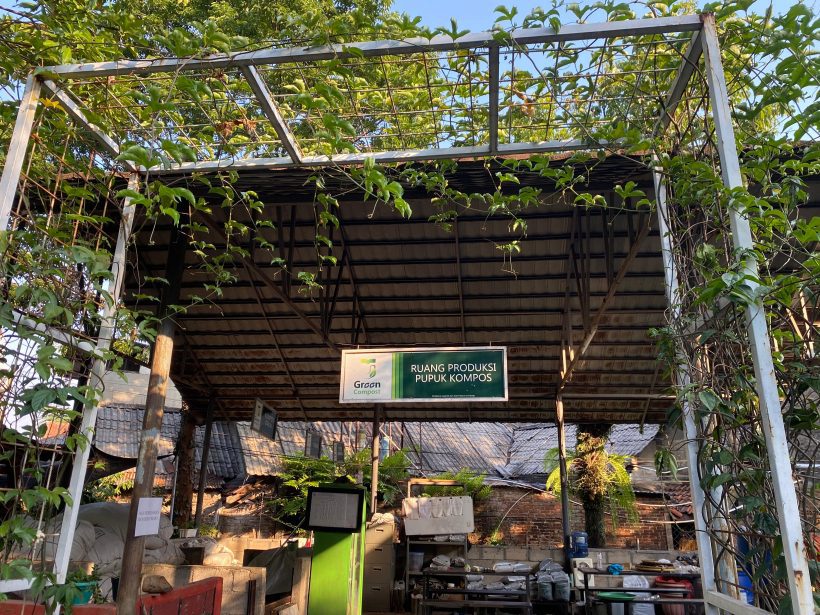Telkom University has taken a big step in protecting the environment by establishing a Compost Fertilizer Production Room. This is where organic waste from various sources, such as leftover food and leaves, is processed into useful fertilizer. This place is one of the centers for managing organic waste on campus, which helps reduce the negative impact of waste while maintaining a cleaner and healthier environment.
The Important Role of Compost Fertilizer at Telkom University
The compost produced from this process plays an important role in maintaining environmental balance at Tel-U. This fertilizer is used to care for various plants that grow around the campus, including in parks and other green areas. As a result, the campus is increasingly green and fertile, supporting Telkom University’s efforts to create a comfortable and environmentally friendly green campus.
The composting process also helps reduce the volume of waste that is disposed of in landfills. By processing organic waste into compost, Tel-U has succeeded in reducing the burden on the environment, especially in terms of waste management. This is also in line with the concept of environmentally friendly campus promoted by Telkom University, where all aspects of campus life are directed to be more sustainable and healthy.
Positive Impact on the Campus Environment
The impact of organic waste management can be seen from the increasingly green environment at Telkom University. The compost produced helps improve soil quality, so that plants planted in the campus area grow more fertile. As a result, the air around the campus also feels fresher, and the green areas on campus become a pleasant place to study and do activities.
In addition, the Compost Fertilizer Production Room also plays an important role in creating a healthy campus environment. By reducing the use of chemicals in plant care, Telkom University ensures that the green areas of the campus remain safe and comfortable for all campus residents. This composting process not only reduces soil and water pollution, but also helps maintain biodiversity around the campus.
Contribution to a Greener Future
Telkom University’s efforts to process organic waste into compost are part of their grand vision to create a sustainable green campus. This process not only has an impact on the campus environment, but also becomes a real example for the surrounding community to implement a more environmentally friendly lifestyle.
The Compost Fertilizer Production Room also functions as an educational facility for students, staff, and lecturers. Through this activity, they are invited to care more about waste management and the importance of preserving the environment. Telkom University proves that with simple but consistent steps, big changes can be realized.
With this facility, Telkom University has not only succeeded in creating an environmentally friendly mini green house, but has also inspired other campuses to follow in its footsteps. This initiative is an important part of the campus’s efforts to maintain sustainability and create a place to study that is not only comfortable, but also clean and healthy.
Conclusion
The Compost Fertilizer Production Room at Telkom University is real proof that organic waste management can provide great benefits for the environment. By converting waste into compost, Telkom University contributes to preserving the environment, creating a healthy campus environment, and supporting the sustainability of an environmentally friendly campus. This step shows that simple innovations in waste management can have a real positive impact on a greener future.


Leave a Reply